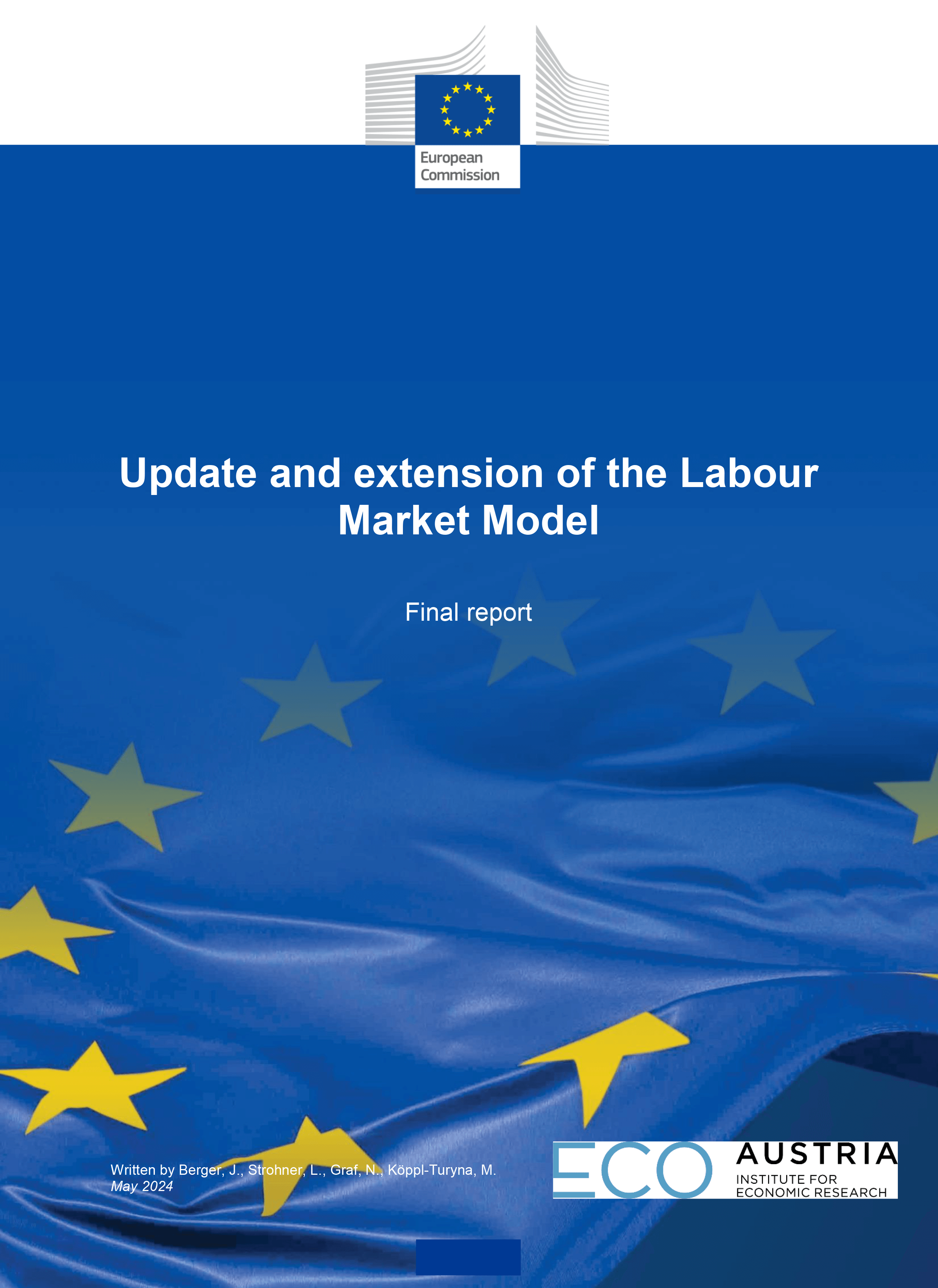The European Commission highlights key policy impacts and recommendations for the Labour Market Model
The recent update and extension of the Labour Market Model (LMM), funded under the European Programme for Employment and Social Innovation (EaSI) 2014-2020, provides a comprehensive analysis of labour market policies and their effects.
Policymakers can get help predicting and mitigating adverse effects of their decision-making
The report, authored by the Directorate-General for Employment, Social Affairs and Inclusion of the European Commission along with the Austrian Institute for Economic Research, EcoAustria, aims to refine the existing model to better understand economic reactions to various policy changes.

The key findings of this report are divided into four main areas. On the one hand, the updated LMM dives into Model Enhancements, as it provides a dynamic computable general equilibrium model that includes detailed micro-foundations for households and firms.
Secondly, it shows evidence of several illustrative Policy Scenarios, including a shift in tax structures from income to consumption taxes, measures to enhance employment among older workers, and the effects of migration.
Thanks to testing these scenarios, policymakers can get help predicting and mitigating adverse effects of their decision-making. The report also highlights how changes in employment protection legislation, training subsidies, pension regimes, and direct support for vulnerable groups can influence labour market dynamics and, therefore, how Labour Market Policies can be oriented towards better outcomes.
For instance, LMM’s report shows how policies aimed at increasing labour market flexibility can have mixed results, potentially improving employment rates but also raising concerns about job security and income stability.
Finally, the European Commission and EcoAustria showcase the importance of balancing economic efficiency with social protection, highlighting the Economic and Social Implications and the need to promote employment ensuring adequate social security and a reduction of poverty levels.
Policymakers are advised to follow three major groups of key recommendations that should take into account a holistic approach that combines economic and social policies to ensure sustainable and inclusive labour market outcomes, targeted interventions that focus on vulnerable groups, such as low-income workers or older employees, and a continuous evaluation to regularly update and refine labour market models.
Gender equality and the shortage of skills remain pivotal issues in the European labour market.
To sum up, the LMM provides valuable insights and details for EU policymakers, offering a nuanced understanding of how various labour market policies can shape economic and social landscapes.
For further details, the full report is accessible via the Publications Office of the European Union (Policy Commons)(IMF).
Managers Respond to EU Commission’s Labour Market Report
As the voice of European managers and leaders, our organisation is dedicated to understanding and addressing the challenges and opportunities presented by these evolving labour market dynamics.
Among the many focal points of this report, CEC aims to highlight that Artificial Intelligence in the labour market should be taken into account. AI’s potential to revolutionize industries by automating tasks, enhancing productivity, and creating new job categories is immense.
The report emphasizes the need for policies that ensure a smooth transition for workers displaced by AI-driven automation and highlights the importance of upskilling and reskilling programs, and CEC European Managers reminds that, in this regard, the role of leadership is key.
CEC has recognized the transformative power of AI and is committed to advocating for policies that support workers in this transition.
More information on our position in that regard can be found in the Postion Paper: Managers Leadership and partnership for purposeful Artificial Intelligence.

Gender equality and addressing skills shortage
Gender equality and the shortage of skills remain pivotal issues in the European labour market.
CEC European Managers is deeply invested in advancing in both challenges. As such, we are actively engaged in initiatives that promote gender equality and support the implementation of the European Commission‘s recommendations. Targeted education and training programs are essential to bridge this gap.
By focusing on the integration of AI, promoting gender equality, and addressing the skills shortage, we aim to support the development of a dynamic, inclusive, and resilient labour market in Europe.
For further details, you can download the comprehensive report by the European Commission.




